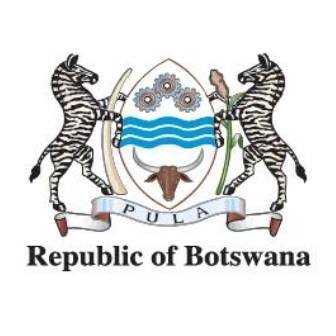The Ministry of Lands and Water Affairs informs the public and stakeholders that the re-enacted Tribal Land Act of 2018 came into effect on the 20th April 2022. The Act repeals the Tribal Land Act of 1968.
The re-enacted Act is part of the land reforms brought through implementation of the Land Administration Procedures, Capacity and Systems (LAPCAS) programme and the Botswana Land Policy of 2015 as amended in 2019. The re-enacted Tribal Land Act of 2018 provides for the continuation of Land Boards, vests tribal land in such Land Boards, defines the powers and duties of the Land Boards and makes provisions for matters incidental thereto.
Key changes introduced by the Tribal Land Act of 2018 are as follows:
i. The Act requires Land Boards to consult with Tribal Administration and District Councils in formulation of policies;
ii. Permits Transfer of Land Board functions/powers to other bodies with the consent of the Minister;
iii. Land Boards are now empowered to establish Committees to enhance efficiency;
iv. The Act makes registration of tribal land grants by Land Boards (Customary Grants and Common Law Leases) at Deeds Registry compulsory;
v. All grantees (land rights) allocated by Dikgosi before establishment of Land Boards and those allocated by Land Boards in terms of the repealed Act are required to apply to Land Board for registration of their customary land grants or leases within 6 months of the commencement of the Act;
vi. On receipt of the application for registration and upon approval, the Land Board shall submit the application to the Registrar of Deeds for issuance of Deed of Customary Land Grant or Registered Memorandum of Agreement of Lease;
vii. Where transfer of land is proposed in favour of a non- citizen, the holder of such land is required to publish the proposed transaction in the Government Gazette and at least one newspaper circulating in Botswana. The Land Board will consent to the transaction where they are satisfied that the interest of citizens have been taken into account;
viii. Transactions such as mortgage lease capable of running for 5 years require consent of Land Board if such transactions are proposed in favour of non- citizens;
ix. The issue, sale, transfer, mortgage or any other disposal of shares in a private company owning tribal land also requires consent of Land Board;
x. The Act also introduces market value as one of the factors to be considered in determining adequate compensation;
xi. The Act further empowers the Land Tribunal to hear appeals concerning repossession and compensation matters from Land Boards.
The re -enacted Tribal Land Act of 2018 brings major changes in the land delivery process, mainly digitization and title issuance for tribal land. The Ministry will over the next few days communicate major changes and transition guidelines for appreciation by our customers and stakeholders.










